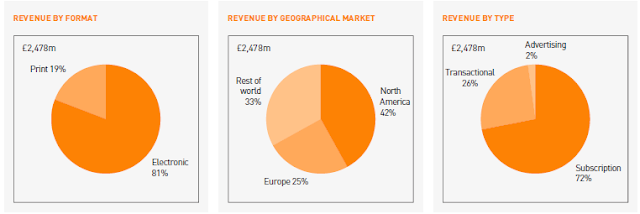 |
| You can buy this at here, if you want to for some reason |
NPR, like a lot of self-consciously "mainstream" media (*cough* New York Times *cough*) is by self-construction a centrist organization. By that I mean they've decided that "objectivity" doesn't mean a rigorous and fearless pursuit of facts so much as always being in between the poles (i.e. the center) of political debate, reporting uncritically and at least pretending to take seriously the opinions and arguments of both sides, regardless of how transparently bullshit they are. This strategy might frustrate Zoroastrians and other honesty enthusiasts, but it appears to have worked somewhat; NPR is more trusted among conservatives than CNN, MSNBC, or the New York Times, even thought its trust among liberals is solidly middle-of the pack, and its overall trust. Opinions on NPR are the least divided of any of the news sources polled there and NPR is considered by most Americans (though crucially not Republicans) to be unbiased.
What's going on here? How is it that NPR can despite their best efforts, become as much a symbol of effete liberalism as yoga and lattes? Simple. NPR acquired a reputation in the fever-swamps of the right-wing imagination for being part of a biased "liberal media" because they have some kind of journalistic commitment to reporting facts in a manner that isn't pure propaganda. With American conservatives it always seems to be Cooper Union one way or the other:
The question recurs, what will satisfy them? Simply this: We must not only let them alone, but we must somehow, convince them that we do let them alone. This, we know by experience, is no easy task. We have been so trying to convince them from the very beginning of our organization, but with no success. In all our platforms and speeches we have constantly protested our purpose to let them alone; but this has had no tendency to convince them. Alike unavailing to convince them, is the fact that they have never detected a man of us in any attempt to disturb them.
These natural, and apparently adequate means all failing, what will convince them? This, and this only: cease to call slavery wrong, and join them in calling it right. And this must be done thoroughly - done in acts as well as in words. Silence will not be tolerated - we must place ourselves avowedly with them. Senator Douglas' new sedition law must be enacted and enforced, suppressing all declarations that slavery is wrong, whether made in politics, in presses, in pulpits, or in private. We must arrest and return their fugitive slaves with greedy pleasure. We must pull down our Free State constitutions. The whole atmosphere must be disinfected from all taint of opposition to slavery, before they will cease to believe that all their troubles proceed from us.
But NPR does not understand this. Or, perhaps they do understand this, but can't act on this understanding without losing the o-so-precious hard-won "trust" of that endangered species, the moderate Republican. I suppose I could be more fair, and say that what the really prize is being in middle, and that broad perception of being unbiased.
But regardless their strategy of center-ism frustrates certain lefty corners of the internet, who joke that NPR stands for "Nice Polite Republicans". I don't think that's true, per se, but I think that it gets at an important point.
Partly its because they can sit down they sit down and have easy, breezy conversations with Republicans like David Brooks, who is is either profoundly stupid or totally full of shit (either he didn't understand the intellectual enterprise in which he was engaged his entire adult life, or he did understand and is lying about it now). And part of it is, I think, aesthetic; that smooth, unflappable "NPR voice" seems out of place in these very flapped times, calmly reporting today's horror, outrage, or scandal. But the last thing is that NPR seems to project an out-of-touchness, a lack of alarm that implies they just don't get post-2016 politics.
Which brings me to this fascinating 2018 interview of Kathleen Belew by Teri Gross. Teri is interviewing Kathleen about her book, Bring the War Home, a scholarly history of post-Vietnam white supremacist movement(s) in America. Listen to the whole thing, its great. But what jumped out to me was starting around the 25:30 mark, Teri asks Kathleen about the 14 words and Kathleen won't say them, and Teri just does not get why Kathleen won't utter a white supremacist slogan.
And not getting that, in these flapped-up times, seems somehow egregious.



